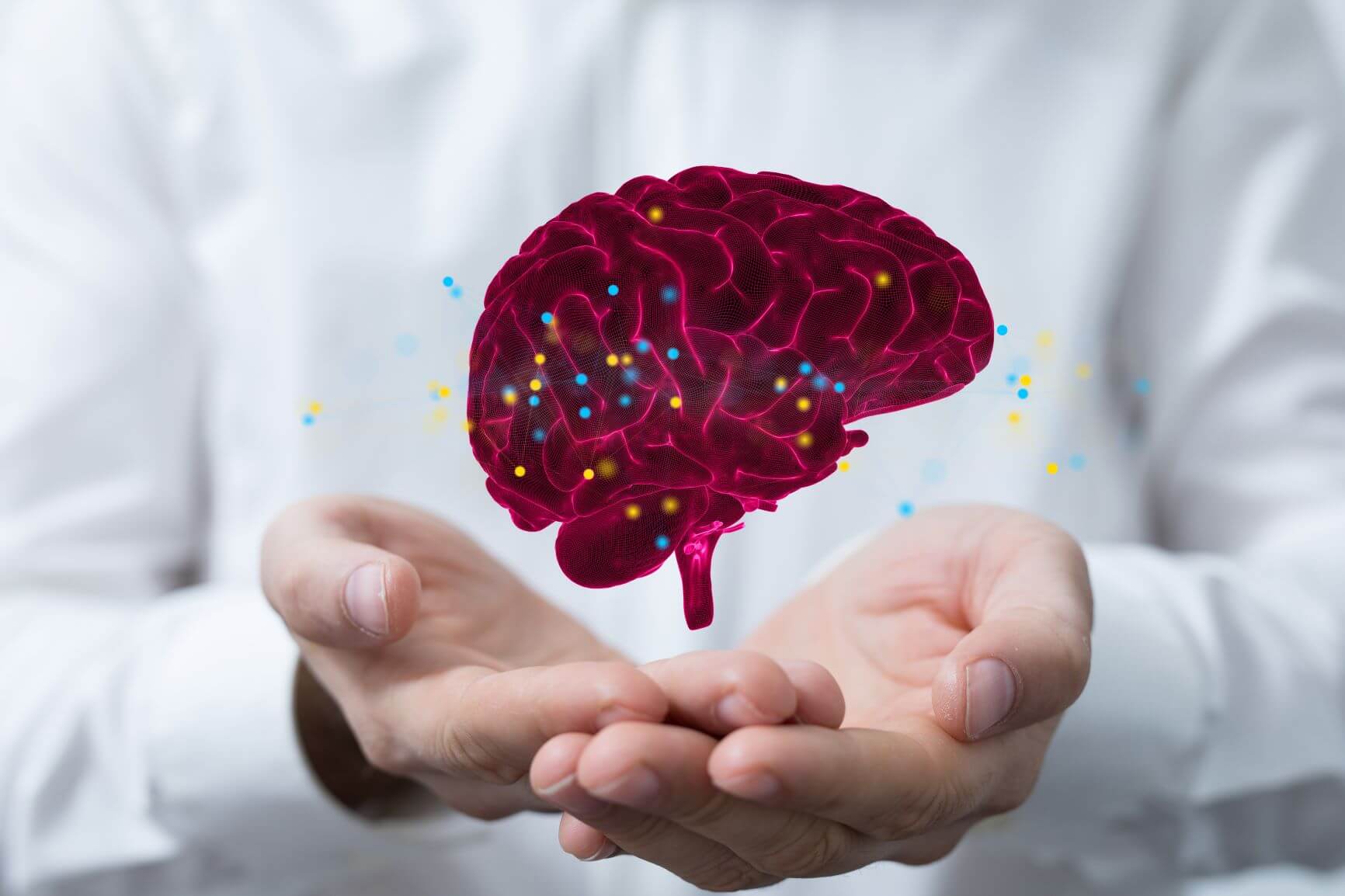In the third age, there is a natural decline in cognitive abilities, and as a result, the mechanisms of short-term and long-term memory become less efficient.
Due to this decline, our learning ability is affected, as well as important cognitive skills such as working memory, spatial attention, and other cognitive abilities.
Numerous studies conducted on this topic have found that brain training in the third age is highly significant in preserving existing cognitive abilities, practicing memory skills, and building “brain reserve” through long-term changes in brain processing pathways.
Discover science-backed exercises designed for memory improvement at Effectivate >>
What is cognitive decline?
To understand what cognitive decline is, it is important to define the concept of “cognition”: cognition is a person’s ability to learn information and use it when needed.
Cognitive abilities are necessary for individuals in all areas of daily life, particularly for adapting to changing situations.
Our cognitive abilities include:
- Immediate memory
- Short-term memory
- Long-term memory
- Visual and spatial perception
- Time and place orientation
- Skills such as problem-solving and decision-making
Thus, cognition serves as the basis for our behavior and daily functioning.
When cognitive decline occurs, there is a simultaneous decline in a person’s functional performance in all areas of their life, including the quality of their memory and overall quality of life.
Cognitive Decline in seniors & elderly
One of the main issues in older age is cognitive decline, which is generally considered a natural and normative process, but sometimes it is accompanied by various neurodegenerative diseases such as dementia.
Generally, not all functions are affected when it comes to natural age-related cognitive development. The cognitive ability referred to as “crystallized intelligence,” which encompasses the wisdom accumulated throughout our lives and the ability to use it for problem-solving, does not weaken and may even strengthen with age.
On the other hand, “fluid intelligence,” which includes abilities such as remembering several items or responding quickly, tends to weaken, and individuals become slower and less organized in their responses.
With this deterioration, individuals may experience difficulties in memory, information processing, decreased concentration, and, in extreme cases, impaired ability to navigate time or space.
It is important to note that such conditions are already considered pathological and are not considered a normative decline in memory. In such situations, older individuals may require assistance from their environment.
Cognitive decline in elderly refers to a decrease in cognitive abilities, including memory, attention, and information processing.
It is often associated with aging and can also be seen in certain conditions or diseases.
Mild Cognitive Impairment (MCI) is a term used to describe a mild form of cognitive decline that is below the level considered normal for a specific age group.
Researchers suggest that the brain can be trained and exercised to strengthen its functioning and maximize its potential, similar to a muscle in the body.
For older individuals experiencing memory problems, engaging in brain training activities, such as memory games and cognitive exercises, is recommended. This brain training is like a fitness regimen for the brain and is ideally done daily.
Numerous studies conducted on learning and memory improvement in older adults have found that brain training is an effective way to combat diminishing neural connections, preserve brain flexibility, and slow down cognitive decline.
Brain training helps maintain existing neural connections and create new ones. Memory games, in particular, are highly effective in strengthening memory function, especially when tailored to the individual’s challenge level.
The same new connections that are formed and reshaped as a result of brain training are memory pathways that allow us to receive, store, and retrieve information.
The brain is a flexible organ, and through practice and training, its functioning can be improved and strengthened.
Specific brain exercises can be combined with other daily activities that benefit our memory, such as learning (or teaching) languages, playing musical instruments to create new compositions, and engaging in strategic games like chess or bridge.
It is also important not to stop learning new things and to listen to interesting lectures. This way, we can train our memory to absorb, store, and retrieve information, as well as create new connections that we want to establish in our brains and maintain existing ones.
Explore how Effectivate’s personalized training can help you stay sharp >>
Maintaining a healthy lifestyle in old age is crucial:
Physical activity
Incorporate regular physical activity into your daily routine, choosing activities that you enjoy and that are suitable for your physical and medical condition.Examples include aerobic exercise (walking, climbing stairs instead of using an elevator), resistance training (beneficial for osteoporosis), balance and stability exercises, flexibility exercises, muscle strengthening, and more.
It’s important to engage in physical activities that support our overall health and encourage mobility. Research has also found that physical activity is important for reducing the risk of various forms of dementia.
Proper and balanced nutrition
Numerous studies have found a direct correlation between cognitive decline in older adults and a healthy diet. There is no doubt that a healthy diet supports brain health.
It is recommended to consume:
- A wide variety of vegetables and fruits in different colors.
- Healthy fats, such as nuts, avocados, and olive oil.
- Fish at least once a week.
- Variety of legumes.
- Limit processed meat consumption.
- Avoid consuming foods high in sugar and sodium (usually found in processed foods, not table salt).
Food supplements:
- B-complex vitamins.
- Vitamin E.
- Antioxidants.
- Maintain adequate vitamin D levels in the blood.
- Omega-3 fatty acids.
It is advisable to consult with a professional (dietitian, nutritionist, or doctor) regarding supplements.
Sleep
Take care of sleep disorders, make sure to get enough hours of sleep every night, and manage stress and mental pressure.
Practices that promote relaxation and mental well-being:
- Yoga
- Meditation
- Mindfulness
- Relaxing music
- Listening to nature sounds
By transitioning from anti-aging to pro-aging, you can embrace a holistic approach to maintaining cognitive health and overall well-being.










